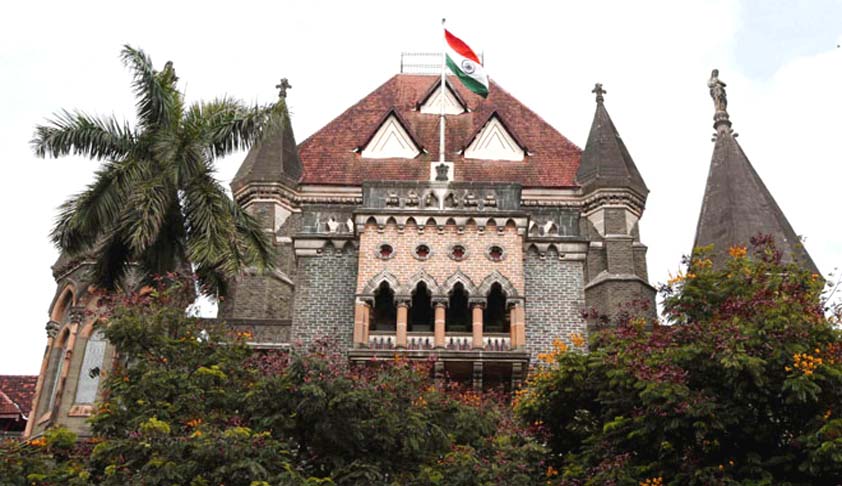Compensation Under MV Act Applicable Only When Injury Or Fatality Is Due To Collision: Bombay HC
nitish kashyap
28 Jun 2017 5:35 PM IST

Next Story
28 Jun 2017 5:35 PM IST
Dismissing an appeal against an order of the Motor Accident Claims Tribunal (MACT), the Bombay High Court has held that Section 163-A of the Motor Vehicles Act is applicable only id the injury or fatality is the result of the collision and a consequence of it.Justice GS Patel held that a collision after the occurrence of the injury, and independent of the injury, is not an accident “arising...
